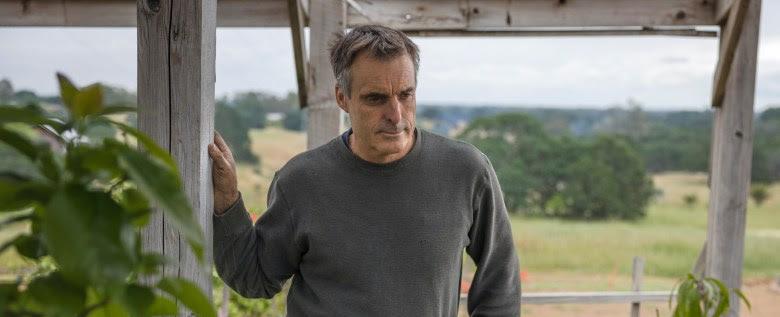Mangoes and agave in the Central Valley? California farmers try new crops to cope with climate change

As California’s climate changes, farmers in the Central Valley are exploring new crops such as mangoes and agave to maintain their businesses. This fascinating article highlights the impact of climate change on agriculture and the creative ways farmers are adapting to the changing environment.
Due to water shortages and increasing temperatures, many farmers are struggling to grow traditional crops such as almonds and grapes. In an effort to combat these challenges, some farmers are turning to crops that can better withstand drought and heat. Mangoes, for instance, are well-suited to warmer climates and require less water than other fruit trees. Similarly, agave, the plant used to make tequila, is drought-resistant and can be grown in areas where other crops would struggle.
Of course, switching to new crops isn’t easy for farmers. It requires significant investment, risk-taking, and patience. Nevertheless, many see it as a necessary step to stay afloat in a changing world. This shift also presents an opportunity for farmers to experiment with new flavors and food products, creating more diverse and sustainable food systems.
As we face the effects of climate change, it’s critical to explore new ways to adapt and mitigate the impact on our communities and environment. This article reminds us of the creativity and resilience of farmers and inspires us to support sustainable agriculture practices.
Quick Links

